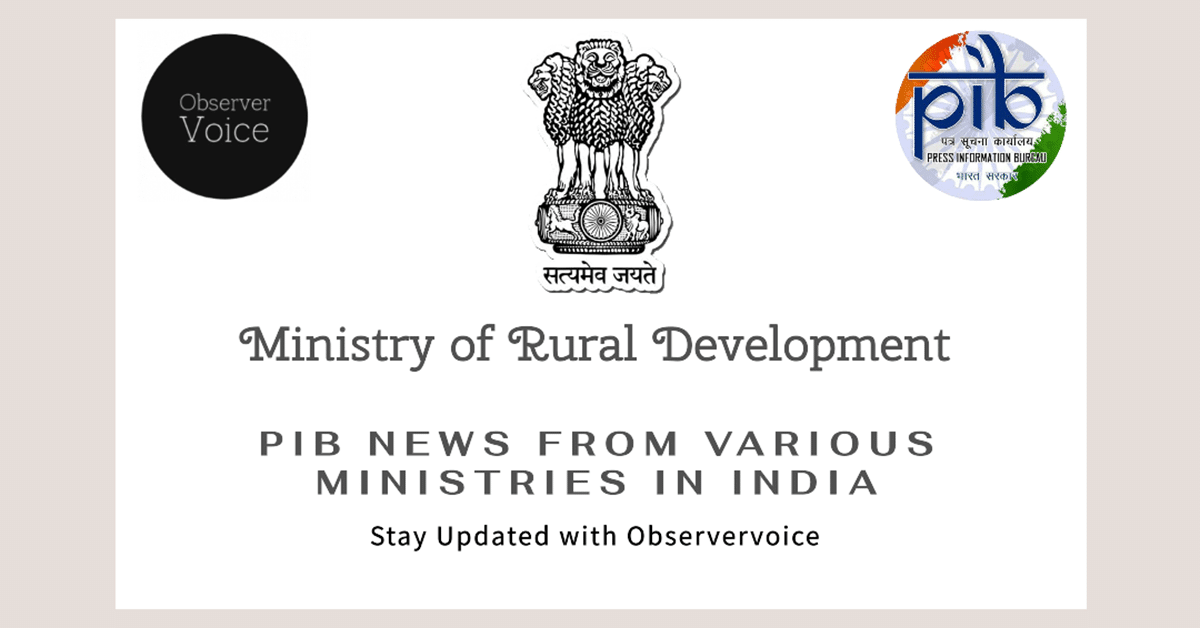Empowering Rural India Through Digital Transformation

The Indian government is taking significant steps to enhance the lives of rural citizens by transforming Primary Agricultural Credit Societies (PACS) into Common Service Centres (CSCs). This initiative aims to provide essential e-governance services to rural communities, making it easier for them to access various services. A Memorandum of Understanding (MoU) has been signed between several key ministries and organizations, allowing PACS to deliver over 300 e-services. These services include banking, insurance, agricultural support, and health services. As of November 21, 2024, over 40,000 PACS have begun offering these vital services to rural populations.
Transforming PACS into Common Service Centres
The transformation of PACS into CSCs is a game-changer for rural citizens. It opens doors to essential services that were previously hard to access. These services cover a wide range of areas, including financial inclusion, education, healthcare, and various government-to-citizen (G2C) services. The government is organizing training and capacity-building workshops for PACS personnel. This training is supported by the National Council for Cooperative (NCCT) and CSC e-Governance Services India Limited. The goal is to equip PACS staff with the necessary skills to deliver these services effectively.
By enhancing the digital literacy of PACS personnel, the initiative aims to create a more informed and capable workforce. This, in turn, will allow PACS to serve as nodal centers for citizen-centric services at the village or Panchayat level. The impact of this transformation is expected to be profound, as it will empower rural citizens with the tools and resources they need to improve their quality of life.
Financial Investment in Computerization of PACS
In addition to the transformation into CSCs, the Indian government is investing heavily in the computerization of functional PACS. The total financial outlay for this project is ₹2,516 Crore. The initiative aims to bring all functional PACS onto a common national software platform based on Enterprise Resource Planning (ERP). This will link PACS with the National Bank for Agriculture and Rural Development (NABARD) through State Cooperative Banks (StCBs) and District Central Cooperative Banks (DCCBs).
So far, proposals for the computerization of 67,930 PACS from 30 states and Union Territories have been sanctioned. The government has released ₹699.89 Crore as its share to the concerned states and ₹165.92 Crore to NABARD as the implementing agency. This financial support is crucial for ensuring operational efficiency, transparency, and uniformity in business practices across PACS.
Enhancing Operational Efficiency and Transparency
The computerization project aims to provide a comprehensive ERP solution for PACS, enabling them to undertake more than 25 economic activities as outlined in the Model Bye-Laws. These activities include financial services for various types of loans, procurement operations, and Public Distribution Shops (PDS) operations. The implementation of a Common Accounting System (CAS) and Management Information System (MIS) will significantly enhance the efficiency of PACS operations.
Moreover, this initiative will improve governance and transparency within PACS. Faster loan disbursal, reduced transaction costs, and minimized payment imbalances are some of the expected benefits. The seamless accounting integration with DCCBs and StCBs will further streamline operations. States and Union Territories have onboarded System Integrators (SIs) to coordinate the installation of the common national software. Technical support is also being provided to help PACS digitize their existing data, including legacy data.
Building a Sustainable Digital Ecosystem
The overarching goal of these initiatives is to create a comprehensive digital ecosystem for PACS. This ecosystem will enable them to carry out diversified business activities, thereby increasing their revenue streams. By becoming economically sustainable entities, PACS can better serve their communities. The government is committed to providing the necessary support and resources to ensure the success of this transformation.
These efforts represent a significant step towards empowering rural India through digital transformation. As stated by the Minister of Cooperation, Shri Amit Shah, these initiatives will not only enhance the operational capabilities of PACS but also improve the quality of life for millions of rural citizens. The future looks promising as these changes take root, paving the way for a more inclusive and digitally connected rural landscape.
Observer Voice is the one stop site for National, International news, Sports, Editor’s Choice, Art/culture contents, Quotes and much more. We also cover historical contents. Historical contents includes World History, Indian History, and what happened today. The website also covers Entertainment across the India and World.

